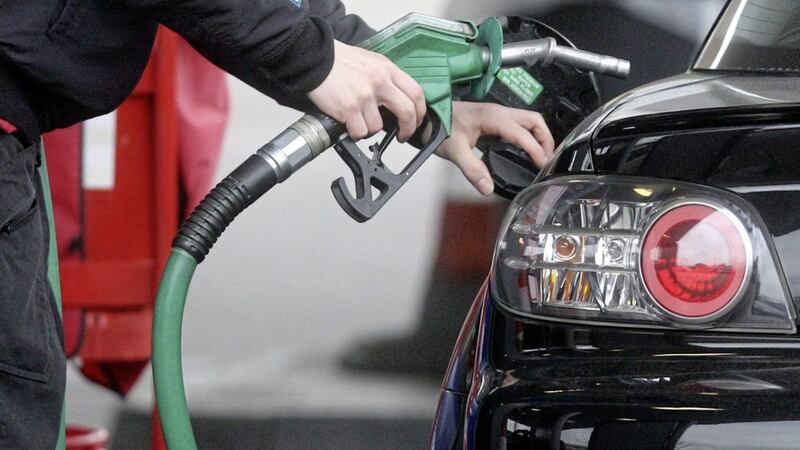THE CIVIL service has appealed for volunteers to administer a system of fuel rationing in the event of an oil supply emergency.
In an internal memo to junior and mid-ranking civil servants circulated this week, the Department for the Economy (DfE) identifies 75 “strategically located” filling stations supplying “priority” vehicles in the event of a fuel shortage.
The call for volunteers comes 11 weeks before the UK leaves the EU, however, DfE said the planning was “routine”.
The memo also stresses that such a crisis is not thought to be imminent.
Under the scenario outlined, which was included in a document seen by the News letter, the government and the oil industry would work co-operatively to ensure fuel continued to be supplied to “organisations and individuals providing key functions, such as hospitals, and healthcare workers”.
The individuals eligible for emergency fuel supplies “would be directed to a network of strategically located filling stations spread across NI and identified as a priority for supply from reduced stocks”.
Two civil servants would be placed at each of the 75 filling stations and would be responsible for ensuring that fuel was only going to those with permits.
A DfE spokesman said: “This process is not new and is a routine exercise to bring the resource back to the required capacity.”
Sinn Féin MP Chris Hazzard has said the advocates of a no-deal Brexit should be the ones staffing the fuel pumps.
"In the event of serious fuel shortages after a no deal Brexit scenes at filling stations could become fraught and tense and it should not be left to volunteer civil servants to police such situations," he said.
Last month, the head of the civil service wrote to the north's 23,000 civil servants to see if any would be willing to join "contingency response structures" which were being put in place to prepare for the possibility of "sustained and widespread disruption" in the event of a no deal Brexit.
Head of the civil service David Sterling stressed that he does not believe a no-deal Brexit is the most likely outcome or that it will be necessary to implement the contingency plan.



